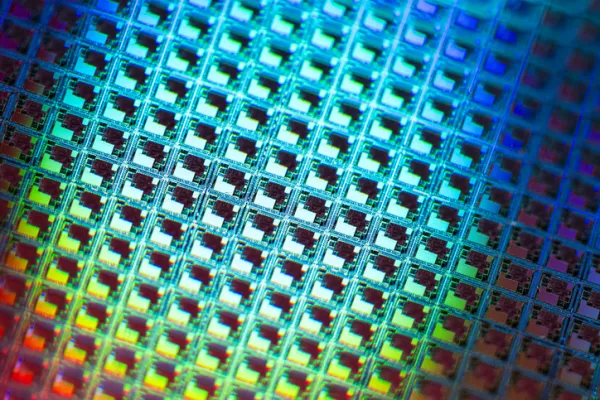Here we go again. Brace yourself for another buyout boom. In a 36-page report sent to clients earlier this week, Deutsche Bank laid out in detail why it believes we are “on the cusp of another LBO upcycle.” I’m not sure whether this is good or bad news.
If Deutsche Bank is right, it will mean M&A activity can help revive the sagging, sullen stock market. But, as we know from the late 1980s as well as from just a few years ago, these booms end ugly. Valuations are heavily marked down literally overnight. Would-be acquirers try to renege on agreed upon deals. Shareholders of likely target companies suddenly are saddled with big paper losses.
The biggest winners are usually the lawyers who argue whether or not some Materials Adverse Change really took place at the target or whether buyer’s remorse has stricken at the same time that valuations were suddenly marked down. But, why jump the gun before the fun has begun, right?
In any case, here is DB’s case for the next LBO upcycle: It starts with the fact there is currently $500 billion in uninvested private equity capital. If you factor in typical leverage used in these deals, this works out to $1.5 trillion in purchasing power. Meanwhile, credit markets are robust, equity valuations look attractive and corporate fundamentals strong, Deutsche Bank asserts in its report. “In our view, each driver of an LBO IRR [internal rate of return] is remarkably favorable at this time,” the report adds.
It cites: high available leverage, lower required equity; record low high yield interest rates; very high free cash flow yields; strong cash flows; potential sales growth in a baseline of economic recovery; a supportive environment for margin improvement; and room for multiple expansion. One caveat: “The size of the last LBO boom could prove difficult to repeat with capacity for mega LBOs likely lower.” This is actually good news.
So, who are the likely targets? Deutsche Bank singles out 50 companies. They all share similar general key attributes: positive FCF, low margin, low asset growth, cheap valuation. The bank came up with the list and criteria after analyzing 500 LBOs since 1986. It says a company must have positive free cash flow to support additional debt, for example. Stocks with net income margins below the industry group median provide a financial buyer with the opportunity to cut costs and raise profits, DB adds.
Finally, LBO firms must not require significant investment, it adds. Hence, the low asset growth. “Overall, these three filters produced a universe of solid LBO candidates,” it asserts. DB’s hit list of 50 M&A targets is rebalanced monthly. DB says it has seen 11 acquisitions and has significantly outperformed the S&P 500 since inception. Based on back-testing, it claims an investor buying the top 50 LBO candidates in the S&P 1500 based on its criteria generated 24 percent average annual returns since 1992, beating the S&P 500 by 15.6 percent and the Russell 2000 by 13.5 percent. Nice. In addition, the Sharpe ratio of the basket is higher than the S&P 500.
DB then rebalances the portfolio monthly. Among the current 50-stock list, there are a number of familiar names. They include publishing giant Gannett, retailers Kohl’s and Gap, drug maker Forest Laboratories, and defense giants Northrop Grumman and Raytheon. Of the 50, five stocks are currently on Deutsche Bank’s Buy list: Apollo Group, best known for its University of Phoenix subsidiary; insurance giant Cigna; Alaska Air Group; hard drive maker Western Digital, and utility American Electric Power. We’ll be tracking this list closely to see whether DB is on to something.







